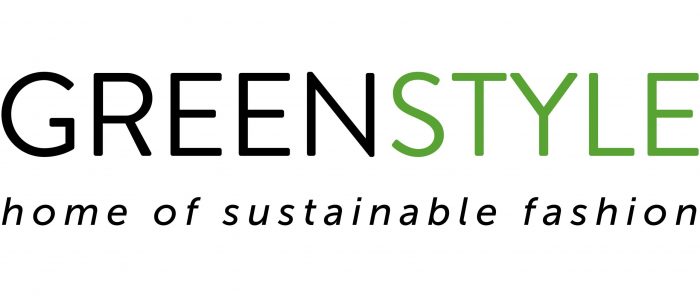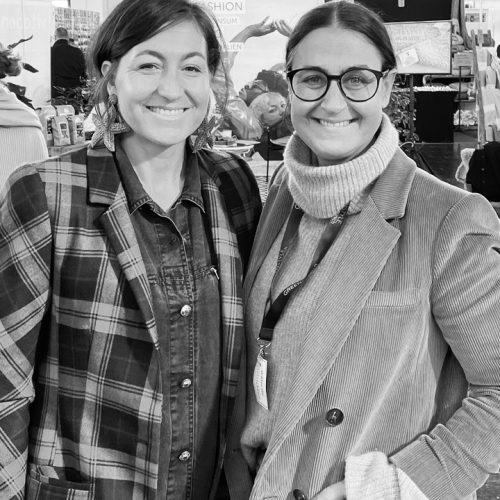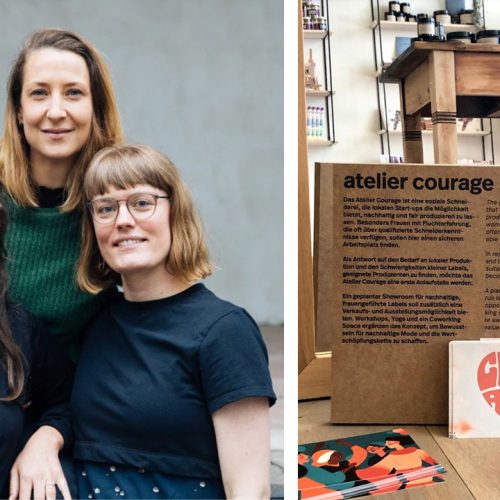Bettina Musiolek primarily deals with the countries of Eastern and South-Eastern Europe *. Without counting Turkey, about 1.5 million people work there who produce our fashion. The corona crisis has worsened their working conditions even more. “The companies pass the cost pressure on to the workers, nervousness and aggressiveness increased, employees were forced to take vacation, others had to work, but for half the wages,” Susanne Barta reveals in the video interview. Important to know: Before the crisis, your wages were at the minimum wage level
 This affects not only the fast fashion industry. These practices can also be found in the production for high-priced luxury companies.
This affects not only the fast fashion industry. These practices can also be found in the production for high-priced luxury companies.
 Labor laws in the clothing industry are currently even less observed than before Corona.
Labor laws in the clothing industry are currently even less observed than before Corona.
 “There are no fundamental systemic differences between Europe and Asia”
“There are no fundamental systemic differences between Europe and Asia”
Musiolek emphasizes that the difference in power and influence in the supply chains was made even more visible by Corona. “The conditions are set by the brands and retailers, not the production companies.” Hence the consistent demand of the Clean Clothes Campaign: the fashion brands have to provide a wage guarantee.
Clean Clothes Campaign demands: Fashion brands must provide a wage guarantee.
There is constant discussion about who is producing better and who is producing worse, the luxury sector or fast fashion chains? The Clean Clothes Campaign has done a lot of research here and comes to the conclusion that there are no serious differences. There are no major differences in production for luxury brands or discounters. They often produce in the same factory.
“The workers in the global supply chains are paying the price for the consequences of the pandemic” – Bettina Musiolek
Since 2013, the Rana Plaza factory in Bangladesh collapsed and buried more than a thousand people, discussions on the subject have increased. Those companies in particular are pioneers in terms of human rights responsibility in their supply chains, which the Clean Clothes Campaign has been targeting for a long time. We had our sights set on the big fashion brands. That is why the luxury industry is lagging behind.
But are there really any consequences?
“There is a lot of talk and no action follows.”
“For something to really change, you need pressure from civil society. And we need a supply chain law so that human rights violations are really punished. “
*Ukraine, Poland, Slovakia, Albania, Turkey, Bosnia, Bulgaria






